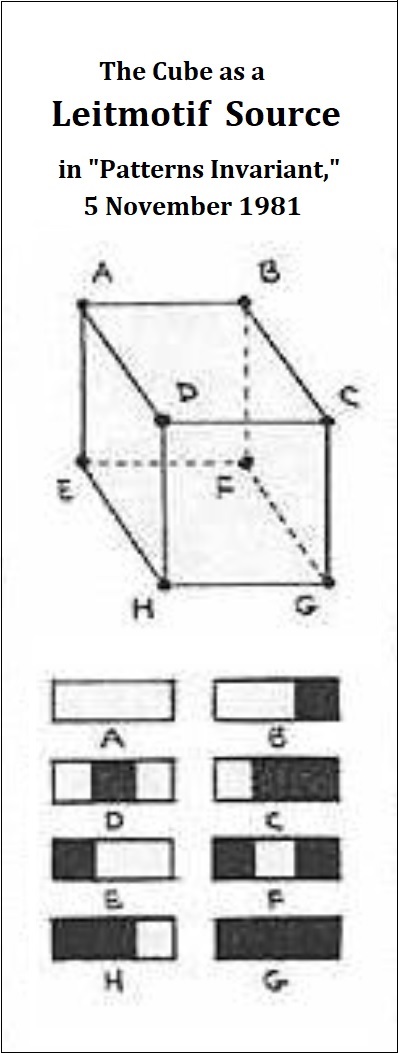The opening of the new Netflix film FUBAR suggests a review . . .
Thursday, June 1, 2023
Antwerp Revisited: Diamond Space
Tuesday, December 5, 2023
Tuesday, November 7, 2023
If It’s Tuesday . . .
Wednesday, September 21, 2022
Tuesday, August 18, 2015
Stylist
In memory of record producer Ken Barnes,
author of Sinatra and the Great Song Stylists ,
who reportedly died at 82 on August 4, 2015 —
"Incantatory elegiac power"* in the context of
Log24 posts from August 2-4, 2015, that are
now tagged Stevens Owl.
* Phrase by an academic in Antwerp
Tuesday, August 4, 2015
Boundary Value Problem
"'The Owl in the Sarcophagus,' for all its incantatory
elegiac power, consists almost entirely of
a self-generated and self-generating rhetoric.
It points up one of the limits of poetic composition itself,
the boundary where technique turns into technology."
— Bart Eeckhout in Wallace Stevens and the Limits
of Reading and Writing , University of Missouri Press,
2002, p. 210
See as well this morning's previous post.
Thursday, February 28, 2008
Thursday February 28, 2008
From an entry today at the weblog of Lieven Le Bruyn (U. of Antwerp):
“MUBs (for Mutually Unbiased Bases) are quite popular at the moment. Kea is running a mini-series Mutual Unbias….”
The link to Kea (Marni Dee Sheppeard (pdf) of New Zealand) and a link in her Mutual Unbias III (Feb. 13) lead to the following illustration, from a talk, “Discrete phase space based on finite fields,” by William Wootters at the Perimeter Institute in 2005:

This illustration makes clear the
close relationship of MUB’s to the
finite geometry of the 4×4 square.
“Quantum Information Theory Related to Finite Geometry,”
and a comment at The n-Category Cafe,
On Spekkens’ toy system and finite geometry.
Tuesday, April 5, 2005
Tuesday April 5, 2005
The Pope of Hope

At the Vatican on
Shakespeare's Birthday
Oct. 4, 2002)
See also the iconology —
what Dan Brown in
The Da Vinci Code
calls "symbology" —
of Pandora's Box
at Log24.net,
March 10, 2005:

each containing the key to the other."
"Karol Wojtyla had looked into
the heart of darkness–
and at the heart of darkness
discovered reason
for an indomitable hope.
He lived on the far side of
the greatest catastrophe
in human history,
the death of the Son of God,
and knew that evil
did not have the last word.
This is the key…."
— Richard John Neuhaus,
April 4, 2005

Finnegans Wake, p. 293,
"the lazily eye of his lapis"

at the center of the breaking and
redefining of the Classical system."

Skewed Mirrors,
Sept. 14, 2003
"Evil did not have the last word."
— Richard John Neuhaus, April 4, 2005
| Lps. The keys to. Given! A way a lone a last a loved a long the PARIS, |
"There is never any ending to Paris."
— Ernest Hemingway
For the first word, see Louis Armand on
Lethe, erinnerung, and riverrun.
See also the following passage,
linked to on the Easter Vigil, 2005:
a spring,
And by the side thereof standing
a white cypress.
To this spring approach not near.
But you shall find another,
from the lake of Memory
Cold water flowing forth, and there are
guardians before it.
Say, "I am a child of Earth and starry Heaven;
But my race is of Heaven alone.
This you know yourselves.
But I am parched with thirst and I perish.
Give me quickly
The cold water flowing forth
from the lake of Memory."






